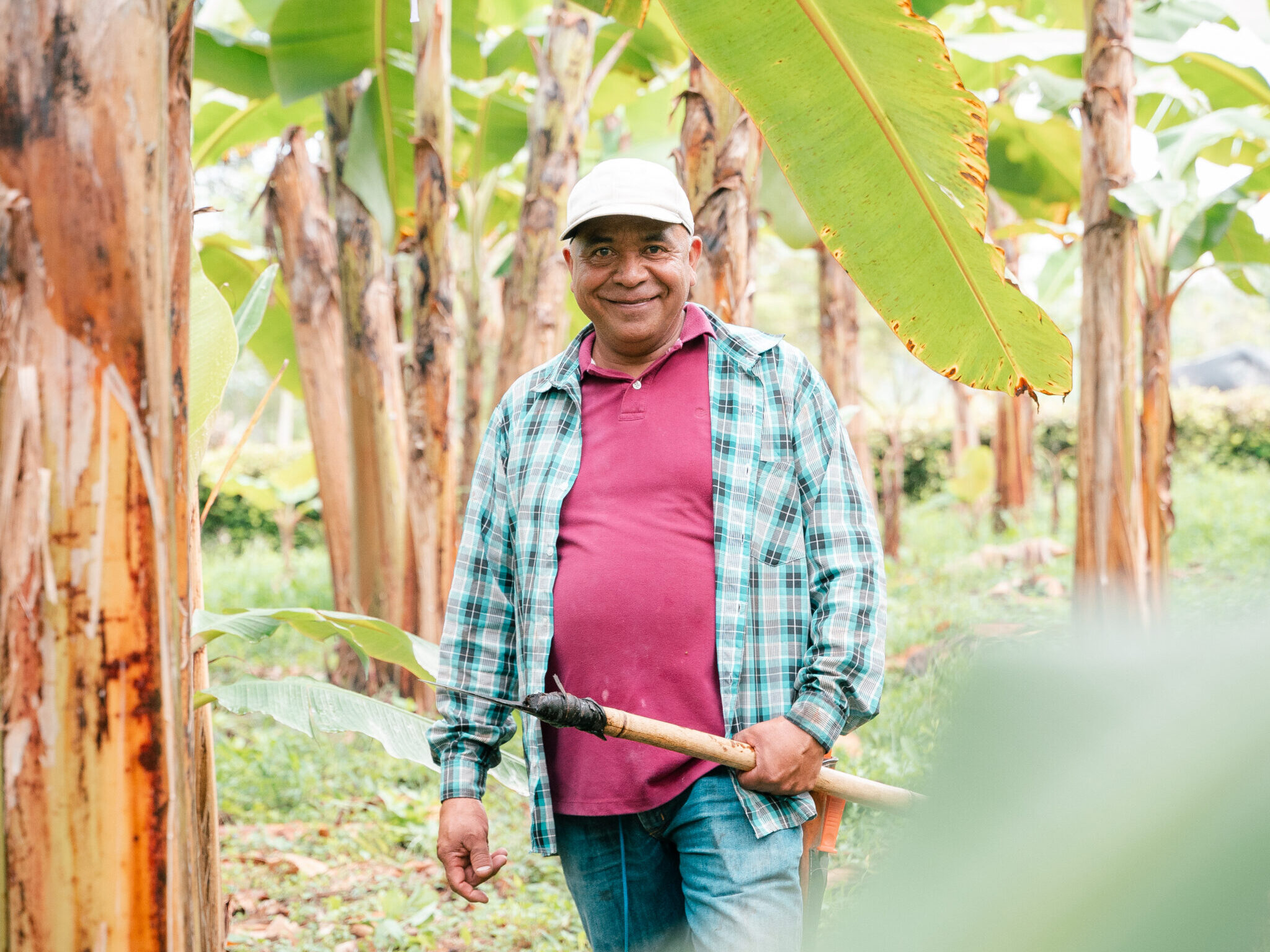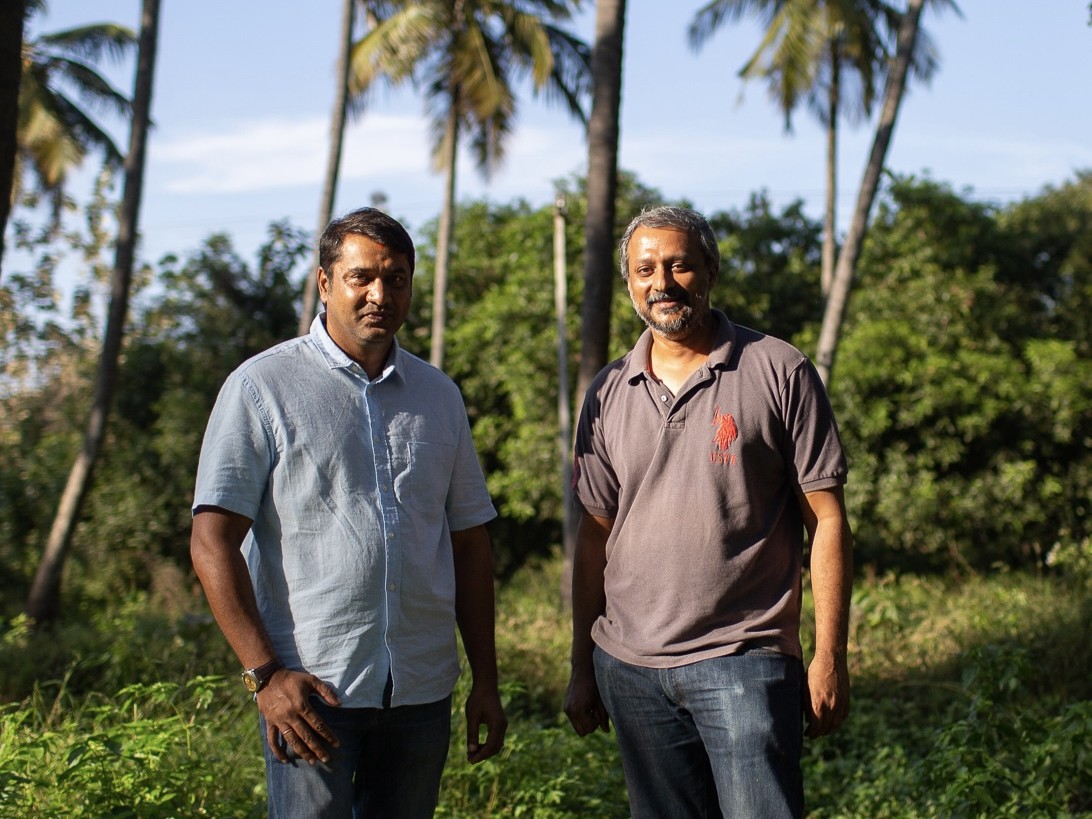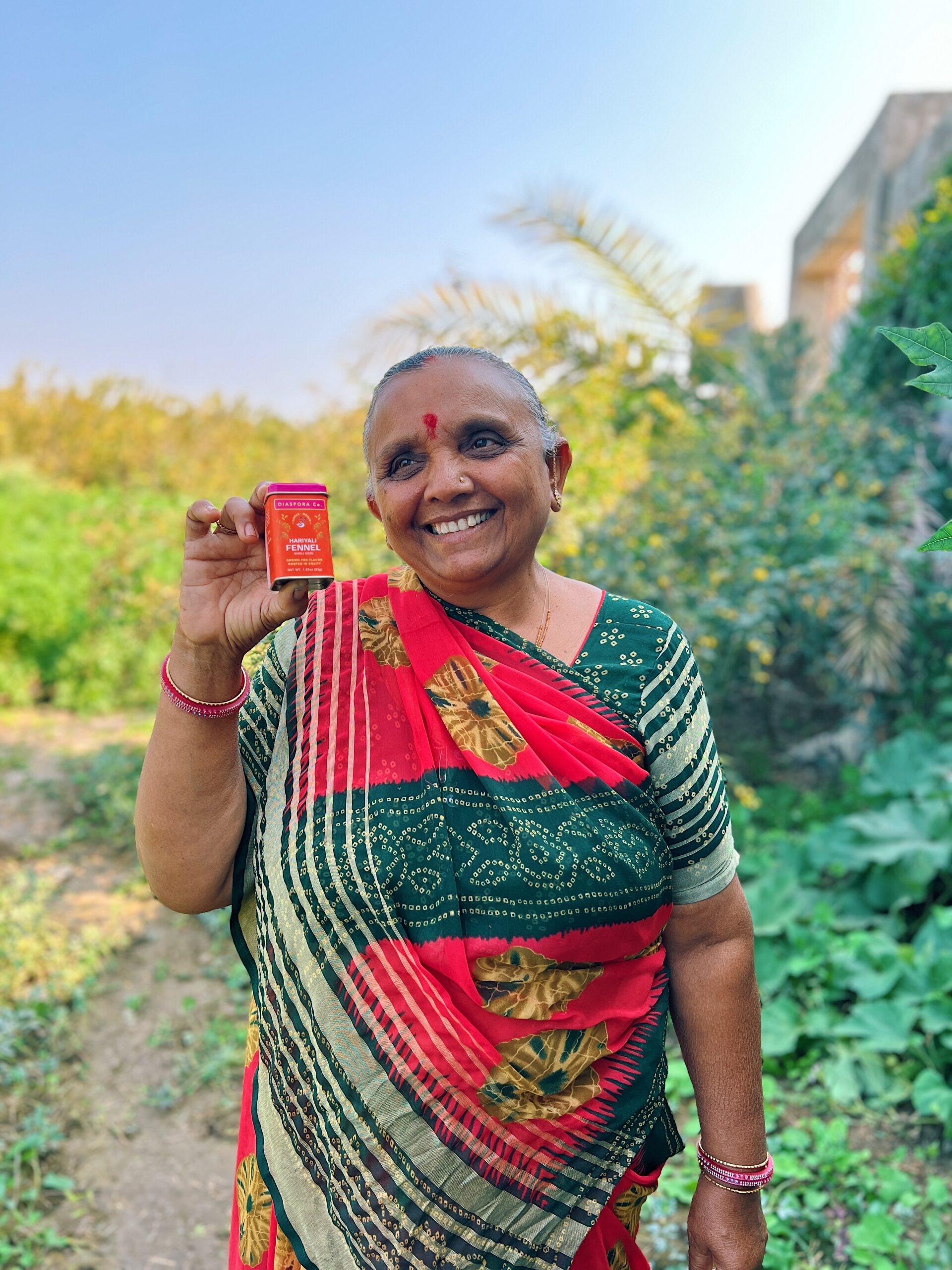Nelida Martinez was born in a subsistence farming community in Oaxaca, Mexico. She migrated to the U.S. at the age of 16 where she worked as a laborer on commercial farms in California and Washington State for the next 20 years, while also growing and raising a family. A few years ago, Nelida’s life changed drastically when one of her sons was diagnosed with leukemia.
During the expensive treatment process, Nelida began selling homemade food products to neighbors and local stores to subsidize the costs. When her son achieved remission, Nelida decided not to return to conventional farm work. Instead she began growing organic produce around her small home—in pots, window-sills, her doorstep—anywhere she could find space. Soon she was able to expand to a ½ acre plot when her farm-worker housing complex opened a community garden. But Nelida had bigger plans in mind. She wanted to grow enough food to support her family and perhaps sell surplus for profit. The question was, where could she gain access to more land?
Serendipitously, and at the same time, a small non-profit called Viva Farms was being launched to address the obstacles new farmers faced. Viva Farms, an RSF borrower, is training the next generation of farmers through a farmer incubation program. Many of the trainees, like Nelida, are Latino immigrants and farm workers. The program incubates beginning farmers by providing access to small, low-rent land parcels, training in sustainable farming practices, shared infrastructure, and marketing support to sell crops through wholesale and retail channels. Viva Farms is one part of the solution to the many challenges in agricultural systems.

Our nation’s food system is vulnerable due to farm practices and policies that do not promote the hallmarks of what a sustainable system should look like. Our current system is based on large corporations producing single crops and in the process creating irreversible environmental damage. Two consequences of this situation, which to date have not received much attention, are the lack of succession plans among farm owners, and the transition of former agricultural land into development. One of the largest contributing factors to this problem is the aging farmer population. Data shows that the average U.S. farmer is aged 57. As these farmers move into retirement, an estimated 70% of farm land will change hands in the next 20 years. And with the steady decline of family farming, the children of these farmers are more often than not, leaving farms and rural areas for careers outside of agriculture.
This economic dynamic is threatening the survival of small and medium-sized farms, further tipping the balance toward big agriculture and a lack of diversity in our food system. Viva Farms, which sits in the Skagit Valley (rated among the top 2% in the world for agricultural use) is fighting this imbalance by providing a farm incubator program for the next generation of farmers.
“We need to look for people from different backgrounds to get into agriculture,” says Ethan Schaffer, Viva Farms Director of Business & Organizational Development. “What we’re seeing is a new face to farming: young, educated, urban residents with little agricultural experience and the farm worker community – highly skilled, Latino immigrants with no access to land and capital.”
This is where Viva Farms steps in. The Viva Farms Incubator Program, launched in 2009, provides new farmers affordable access to education, training and technical assistance; capital and credit; and, land and markets.
In partnership with Washington State University Extension, students in the incubator program participate in the bilingual “Agricultural Entrepreneurship and Farm Business Planning” course. Upon completing the course, students are eligible to sublease a 1-3 acre plot to begin their own operations. In addition to land, Viva Farms supplies all operational infrastructure – greenhouse, irrigation, equipment, storage, etc. Typically, start-up costs for beginning farmers can range from $30,000-$500,000. With infrastructural support, Viva Farms lowers that figure to less than $5,000.
“We’re taking a lot of stuff off the farmer’s plate,” says Schaffer. “We want our farmers to focus on growing their food and getting it to market. “
And the market is where Viva Farms is seeing some of their biggest impacts. Santiago Lazano started the Viva Farms Incubation program with 2-acres of leased land. When he first began selling his strawberries to canneries and brokers he was making anywhere from $2-4 per half flat. With marketing support from Viva Farms, Santiago began selling to retail outlets, restaurants, and through the program farm stand. Today, Santiago makes $8-10 per half flat and has expanded his operations to 5 acres at Viva Farms and 4 acres elsewhere.
Likewise, Nelida Martinez has flourished since entering the incubation program. As one of the programs first participants, Nelida started with one acre of leased land. She now farms 5 acres and operates an organic farm and food business, Pura Nelida. She sells her produce through the Viva Farms CSA, and farm stand, and operates her own stand at a local farmer’s market where she sells authentic Oaxacan tacos made with her own produce. It is her hope to one day purchase 10 acres with a house and working farm to support her family and growing business.
The farm incubator is not an end point for farmers. It is a starting point to transition them to farm ownership or to secure long-term tenure. Viva Farms also provides successful program participants with microloans to supply operating capital once they move beyond the incubation program.
The need for this type of program is clearly evident. In 2012, Viva Farms reached capacity on their 33-acres of available land. Program leadership hopes to find more land and expand to a second facility in 2013. Additionally, they are working to establish their own 7,000 square foot food hub where graduates and other small farmers can aggregate, process, store, and distribute produce and food products. Prior to RSF’s loan, Viva Farms’ financing options were limited to grants and in-kind donations. The organization’s growth depends on access to steady and larger sources of capital but is currently at a stage where banks and other traditional sources of capital are limited. Viva Farms is also committed to working with a financial partner who understands and aligns with its mission and values.
RSF’s loan helped Viva Farms purchase critical farm equipment and build infrastructure that provides training to farmers. As Viva Farms continues to grow, it will need working capital and additional equipment financing. We see this initial loan as catalytic for getting Viva Farms to its next phase of growth.
By Mike Gabriel, Lending Manager


